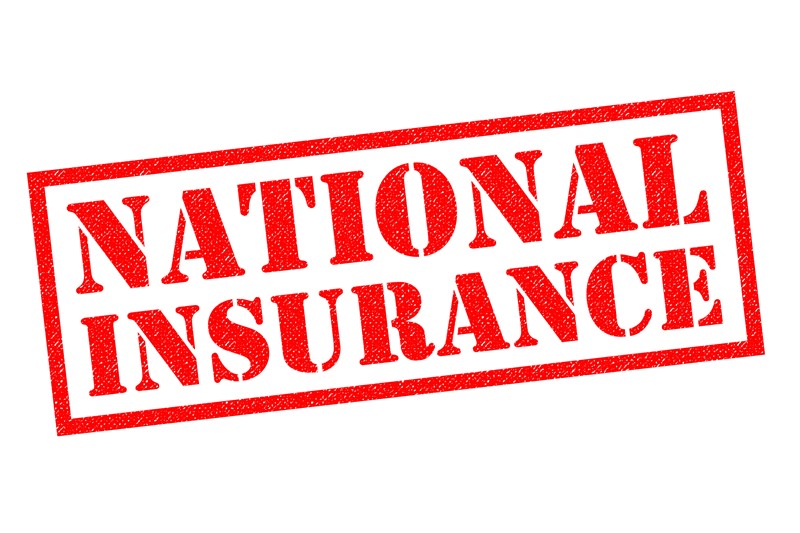Applying for National Insurance number

If you do not already have a National Insurance number you will normally need to apply for one if you are planning to work in the UK, claim benefits, apply for a student loan or pay Class 3 voluntary
National Insurance for company directors

Directors are classed as employees and pay National Insurance on annual income from salary and bonuses that exceeds the Primary Threshold. The annual threshold is pro-rated this year following the
Class 1A payment deadline

Class 1A NICs are paid by employers in respect of most benefits in kind provided to employees such as a company car. There is no employee contribution payable. If you provided taxable benefits to
Deadlines for making voluntary NIC top-ups

In certain circumstances it can be beneficial to make voluntary National Insurance Contributions (NICs) to increase entitlement to future benefits, including the State or New State Pension for
NIC relief if employing veterans

A new National Insurance Contributions (NICs) holiday for employers who hire former members of Her Majesty (HM) armed forces came into force on 6 April 2021. This allows employers to apply a zero-rate
Self-employed NIC changes

In the recent Spring Statement, a significant increase in the National Insurance Threshold from £9,880 to £12,570 was announced. This increase will see the alignment of the Primary Threshold (PT) for
Increase in National Insurance from April 2022

We would like to remind our readers that the increases in National Insurance Contributions (NIC) of 1.25% – first announced last year – will take effect from April 2022. These increases will be
Gaps in NIC records

National Insurance credits can help qualifying applicants fill gaps in their National Insurance records. This can assist taxpayers to build the number of qualifying years of National Insurance
Class 1 NIC changes extend to Class 1A contributions

It is important to bear in mind that the 1.25% increase in National Insurance contributions (NICs) for 2022-23 will apply to National Insurance Class 1 and Class 4 contributions from April 2022. This
Finding your National Insurance number

If you have lost or forgotten your National Insurance number you should try and locate the number on paperwork such as your tax return, payslip or P60. You can also login to your personal tax account


